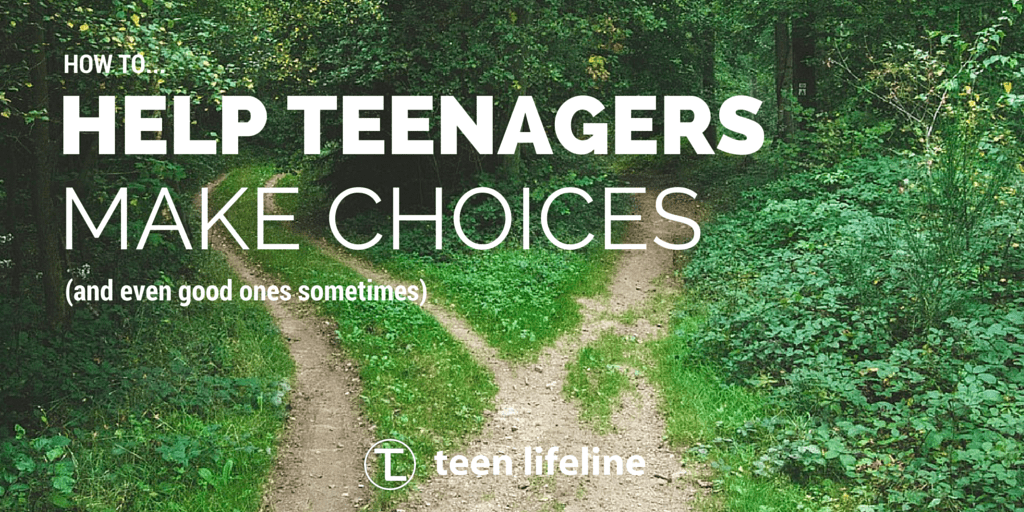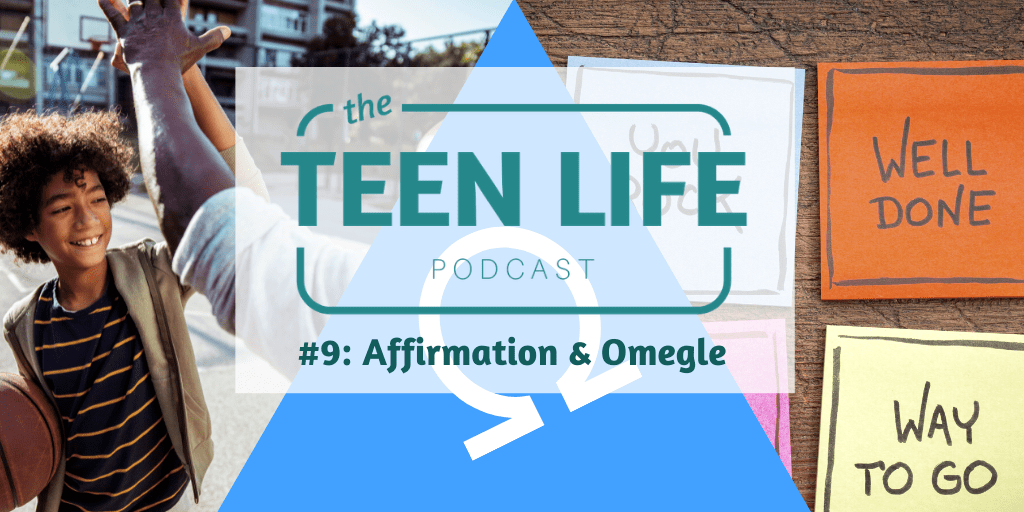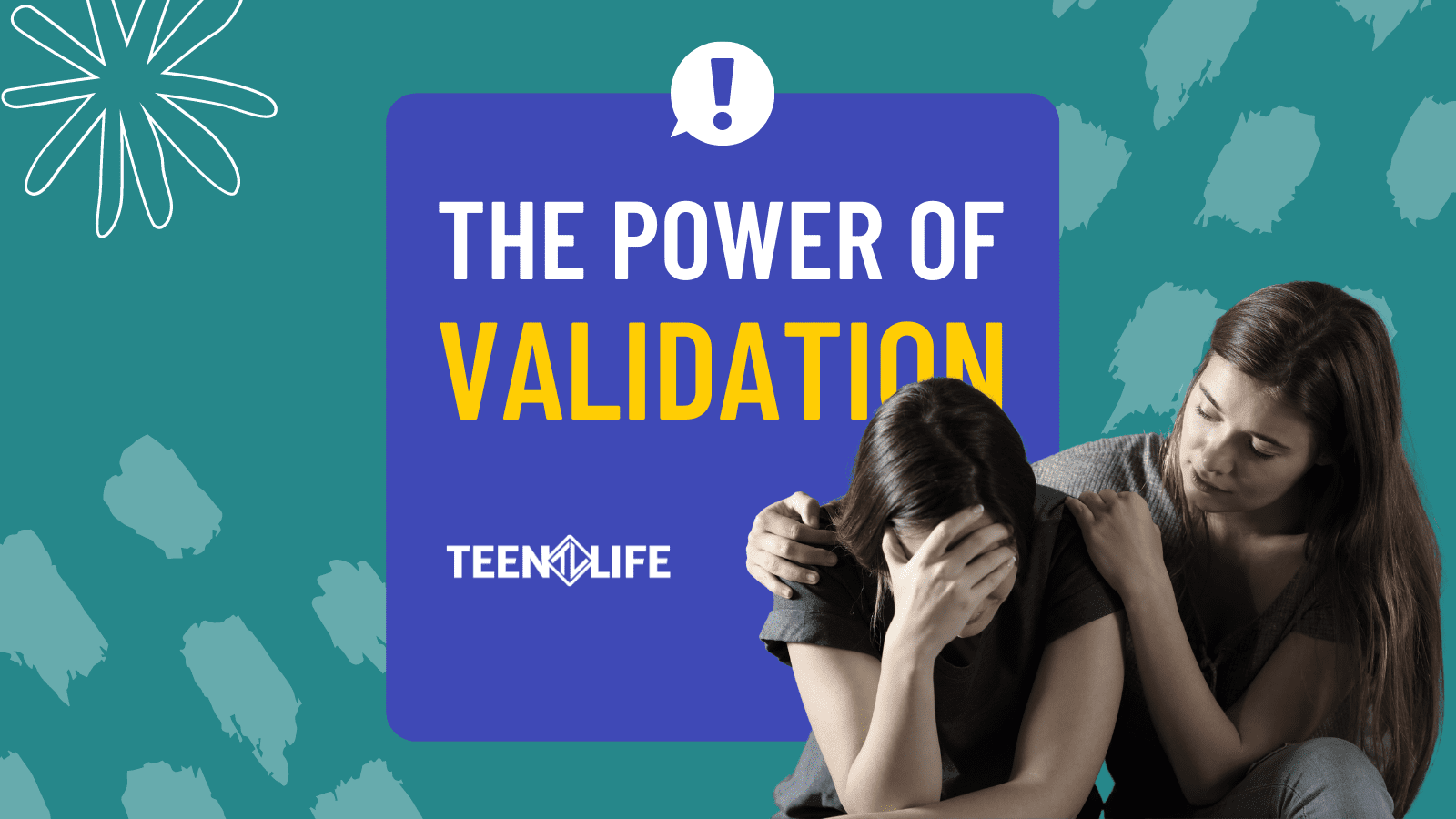
by Chris Robey | Feb 25, 2016 | Parenting
When it comes to making a decision, many people would rather not. There is always inherent risk when it comes to choosing a path, no matter how grandiose or miniscule. You could easily choose the wrong path, then potentially face ridicule from the 20/20 vision of future observers.
I am a reluctant decision maker. Usually, I am the one called upon to choose where the group eats or to choose the focus or direction of a conversation within a new group. I likely appear comfortable with the task, but inside I can be riddled with doubt and anxiety. Usually I’ll make the choice because no one else will. But it would be untrue to say that I am the one who wants to decide because I always think I’ll make the right choice.
Yet, to grow and lead in this world, we have to find a way to make choices and to make those choices good ones. I come from a faith background that talks a lot about finding God’s will for our lives. You hear about “waiting for God to speak” and trying to discern what God is desiring for one’s life choices. Often you will find this language peppered throughout sermons and private prayer lives – hoping God will rescue us from having to make the tough choices.
You see it in the second guessing of people who do have to make hard choices. I think this is why politicians are so maligned. While I’m not saying they are always virtuous or faultless in how they make choices, they have to make hard decisions on law, budgets, and policy. It is their job to choose a direction and stick with it, no matter the criticism or shift in public opinion.
Most of the criticism for those who make hard decisions comes from those who do not have to make those choices. There is an entire cottage industry of political pundits and newspaper columnists who exist solely to critique or criticize decisions other people make, without really having to make any of their own (at least of equal consequence).
Stack that on top of the advent of social media where everyone can say anything about anyone, anytime and you find a recipe for a populous who has very little vested stake in any kind of meaningful decision making.
I think we learn how to make decisions and hard choices earlier in life than we realize. If you were raised in a house where there were very few consequences, or overly harsh consequences for your choices and actions, likely you could struggle making hard choices. Or if the opportunity to fail was taken from you and all you have ever known is success, then you could struggle to make decisions as well.
Deciders will inevitably make the wrong choice. But someone who is adept at making these choices is willing to live with the consequences of making the wrong choice. They take ownership in the process and know they made the best possible decision with the information available.
Friends, we have to help teenagers make choices and informed decisions. And, I think this is where we start. So often we want teenagers to make “good” or “better” choices, but often they aren’t making many choices to begin with. I understand the logic behind the idea of “not making a choice – that is a choice,” but I’m speaking of proactive, informed, and future-thinking choices.
I’d encourage you, as you work with teenagers, to consider these things to help:
- Start with the small stuff. We don’t get the big, important choices right until we can practice with the small stuff. Encourage students to engage in decision making throughout their day in a way that they can point back to.
- Encourage them to choose one “hard” decision a day. Something like eating salad instead of a burger, or choosing to exercise instead of watch TV. Learning to make the harder, but better choice builds up the confidence to make the right choices in the long run.
- Finally, help them take ownership of their choices. So if things unravel and blow up after a decision, they can look you in the eye and tell you why they did it, why it failed, and what they plan to do in the future that might be different. Failure is not a bad thing. Failure is something to learn from, but you have to take ownership to begin with.
Imagine a world where teenagers started making good choices based upon good information, support from their parents and peers, and with ownership of their failures and successes. I believe we would see a drop in crime, drug use, and and increase in community, church engagement and school involvement. And, I think we can agree we would all like to see these things!
What do you think about this? Do you have other ideas for how to help teenagers make good choice?
Chris Robey, Program Director, has worked with teens for over a decade and strives to help students see the best in themselves.

by Karlie Duke | Feb 18, 2016 | Parenting, Resources
How to harness the power of your words when speaking of teens.
Have you ever had that one person that you just really don’t like? There isn’t always good reason, but when their name is brought up, you inwardly roll your eyes and try your best to hide those negative impulses? That’s not just me…right?
Recently, I realized that I had developed an incredibly strong opinion about a person without even knowing them personally – let’s call him Max. Through other people’s opinions, I began to see Max as selfish, moody and disrespectful. What’s even worse is that I didn’t realize my bias until someone else’s opinion began to change my mind!
Once again, without any personal interaction, I created an opinion in my head based on how someone talked about Max. However, this new influencer had the opposite effect. Where I used to roll my eyes when his name was brought up, suddenly, I found myself defending his decisions and giving him the benefit of the doubt when he made mistakes. After spending time with one of Max’s best friends, I stopped treating Max like he had personally wronged me (which he hadn’t), I began to see him as a likable, funny person who needed a little grace, just like the rest of us.
All because of one opinion.
You might be asking – what did they say? How can a few words change your opinion so quickly? And that’s just it – it really didn’t take much. His friend didn’t bribe me or make up stories about his heroic efforts on the weekends, they simply spoke kindly about Max. In every word, every description and even through their tone, I could tell that they genuinely believed the best about Max. There was a reason that they were friends, and it made me want to be his friend, too!
Michael Hyatt just wrote a blog about the importance of affirming your spouse, and after my experience with Max, I am a firm believer in the power of your words and their ability to shape someone’s opinion.
If it is important to lift up, encourage and affirm your spouse, it should be just as important to do the same for your kids (especially your teenagers)!
Here are a few reasons why it is crucial to speak positively about teens:
Your words will shape the opinions of others.
As parents, teachers, youth ministers, coaches and mentors, we need to check what words and stories are coming out of our mouths. Especially when you are talking to people who do not personally know that teenager, there is no excuse for gossiping and spreading negative opinions about a student. When all you do is vent to friends or other parents, you are only giving them a glimpse into the most negative aspects of that teen.
How are they supposed to overcome that difficult teacher or the task of making good friends when everyone already has negative, preconceived notions about who they are and their priorities. Give them a chance to make friends or enemies based on their own interactions, instead of the thoughtless words of an angry, frustrated adult. Choose to say kind and positive things more often than telling negative stories.
Give your friends, their teachers, and other adults a reason to like your teenager.
Your words will shape your opinion.
When you say positive things about that teenager, you will start to notice more positive things to say. Instead of jumping to the worst possible conclusion, tell others how much they are trying. Tell that story about how sweet they were when their little sister was crying (you don’t have to mention that they caused the crying in the first place). Focus on the things they are great at – whether that is school, band, being a good teammate, or helping around the house.
If you get in the habit of bragging on your kids, students and players, you might find that you have more reasons to brag on them than you originally thought. Just like your words can change the opinions of others, they can also influence your own patience and treatment of teens.
Give yourself a reason to like that teenager.
Your words will shape their opinion.
I will never forget the times that my parents bragged about me to their friends, or the time I overheard my youth minster telling someone he wanted his daughter to grow up and be like me. I can remember thinking, “If they think that of me, I need to keep going and prove them right!”
You know that warm, fuzzy feeling when you know someone is proud of you? Can you imagine what teenagers would act like if they got that feeling often – weekly, even daily?
Tell that teenager that you are proud of them. Write it in a note. Say it out loud. Tell everyone you know how great they are. Use your words to empower and encourage your teenager to act, think and live better.
Give teenagers a reason to like themselves.
Take this next week and consciously look for positive things to say about the teenagers in your life. If a negative thought or word comes up, immediately think of two positive things to replace it with.
Let us know how this experiment goes and if it changed the way you or others fell about teens. Help combat the negativity that is too often involved with these teenage years.
Director of Communications
More Resources You Might Like






